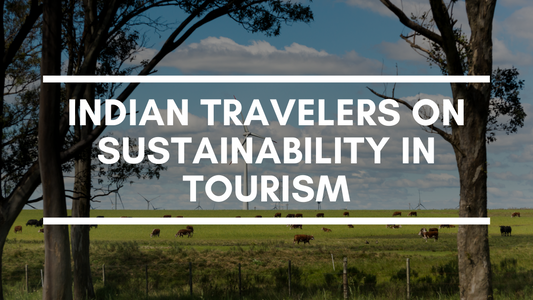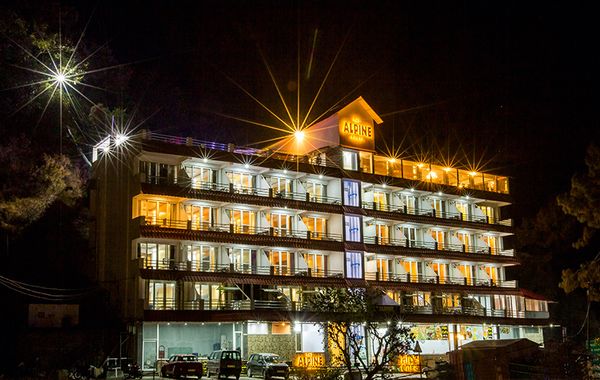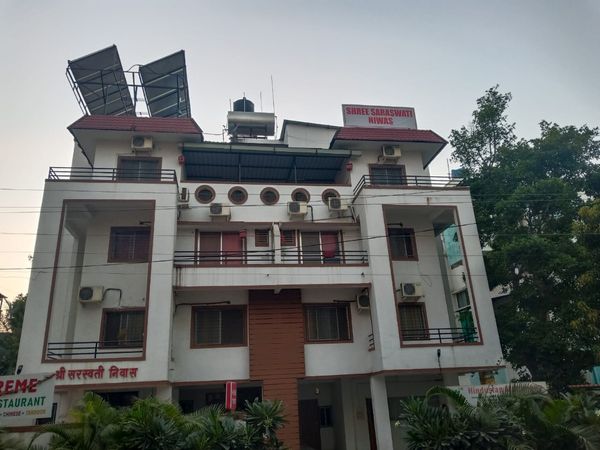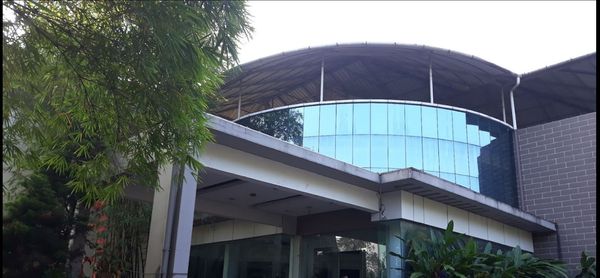Indian Travelers on Sustainability in Tourism
 21 Jun, 2021
6 mins read
24
21 Jun, 2021
6 mins read
24

The United Nations World Tourism Organization defines Sustainable Tourism as “Tourism that fully considers its current and future economic, social and environmental impacts while addressing the needs of visitors, industry, the environment and host communities.”
The tourism sector's ability to connect the economic, social, cultural, and environmental components of sustainability and function as a driving force for their mutual advancement is a crucial pillar. This is because tourism is highly dependent on the presence of intact surroundings, vibrant cultures, and hospitable host populations. Tourism's impact extends beyond the obvious economic effects of revenues and foreign exchange gain.
It also has non-economic and intangible results, such as changes in value systems, individual behaviour, family background, collective lifestyles, moral conduct, creative expressions, traditional rituals and community organisations.
When it comes to sustainable development and inclusive growth, concerns including cultural preservation, natural resource management, waste management and corporate and social ethics in tourism have an impact on other businesses and sectors too.
Also read: India hotel industry: Actual position of the hospitality sector
Sustainable Travel Report 2021 from Booking.Com
According to Sustainable Travel Report 2021 from Booking.com, 88% of Indian travellers said the pandemic has influenced their decision to travel more responsibly in the future. Some 56% of travellers claimed they have made good adjustments in their daily lives, with recycling (30%) and minimising food waste (33%), being the top priorities.
According to the report, travellers' day-to-day sustainable commitments have been consistent with their intentions for future trips, with 83% wanting to reduce general waste, 84% wanting to reduce energy consumption (by turning off the air conditioning and lights when they are not in the room), and 80% wanting to reduce their carbon footprint and wanting to use more environmentally-friendly modes of transportation such as cycling, public transport, walking etc.
Indian travellers value local communities as well, with 74% desiring authentic experiences that are representative of the local culture. Some 91% of travellers believe that developing cultural awareness and heritage preservation is critical, and 89% want to assure that the industry's economic benefit is spread equally across all levels of society.
Furthermore, 72% of people would skip famous sites and attractions to avoid overcrowding, which will help spread the benefits of travelling to lesser-known destinations.
While 98% of travellers are interested in sustainable accommodations, 26% say they had no idea such accommodations existed; 42% say they couldn't locate such options while travelling, and 35% say they didn't know how to discover them. 56% still think that by 2021, there will be inadequate sustainable travel options.
The current study, now in its sixth year, includes observations from more than 29,000 travellers from 30 nations, implying that the pandemic was the tipping moment for them to ultimately commit to their sustainable journey.
Also read: How will COVID-19 change business trip planning?
Source: The Indian Express
While most discussions about sustainable tourism focus on the supply side, such as the use of optimal resources as well as management and the development of balanced destination management frameworks, emerging paradigms are now emphasising the demand side, putting the onus on the tourist to choose products that adhere to sustainability principles and appreciating the fact that It ensures the well-being of the local population while also contributing to the larger cause of global sustainability, including the Sustainable Development Goals.
In recent years, the ideology underlying sustainable tourism has spread into other specialised niches that focus on specific components to ensure equitable growth, environmental and cultural preservation and community-driven management plan.
The wide variance between domestic and foreign tourist arrivals in the country, as well as the former's preference for mass tourism niches, indicates that India's sustainable tourism demand is low.
However, as the economy has grown, the younger generation has had more disposable income and coupled with the global momentum toward reducing the rich-poor divide while conserving natural heritage for posterity, demand for experiential tourism products by the youth has shown impressive growth over the last decade.
This story is written by Dhawal Goshar: Content Writer, MyTravaly
Written By:



Hotels at your convenience
Now choose your stay according to your preference. From finding a place for your dream destination or a mere weekend getaway to business accommodations or brief stay, we have got you covered. Explore hotels as per your mood.


